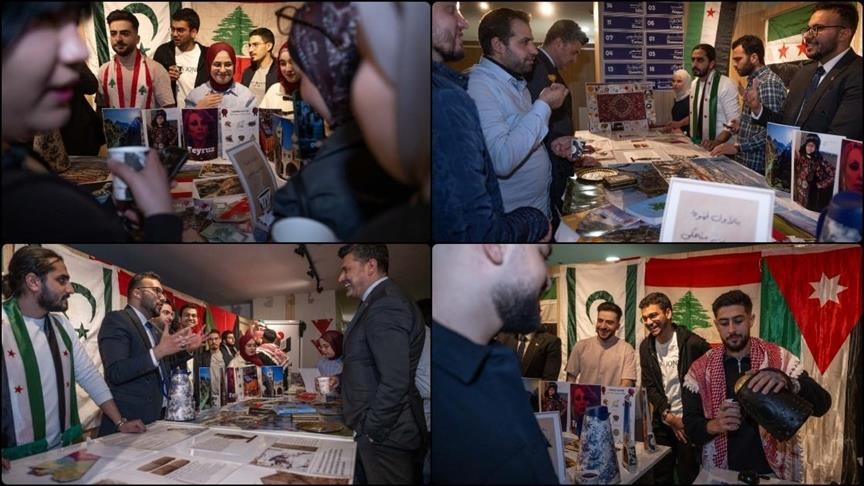ENGLISH
UN soldiers sexually abuse underaged girls in Haiti
United Nations peacekeepers fathered hundreds of children during a controversial mission in Haiti, a report has found.
Girls as young as 11 were sexually abused and impregnated by UN peacekeepers in Haiti and abandoned to raise their children alone, according to testimonies from more than 2,000 residents.
So many babies were fathered by foreign peacekeepers that Haitians nickname them ‘Petit MINUSTAH’ - combining ‘small’ in French with the acronym of the UN mission, said Sabine Lee, who co-led the study in the journal International Peacekeeping.
MULTIPLE REPORTS OF SEXUAL CONTACTS
“There are a multitude of cases, a multitude of different scenarios, in which these children are being conceived and born,” Lee, a history professor at Britain’s University of Birmingham, told the Thomson Reuters Foundation on Wednesday. “It is quite clear that girls that could clearly be understood and seen as underage were taken advantage of,” she said, adding the study did not try to estimate how many children were born through sexual exploitation by peacekeepers.
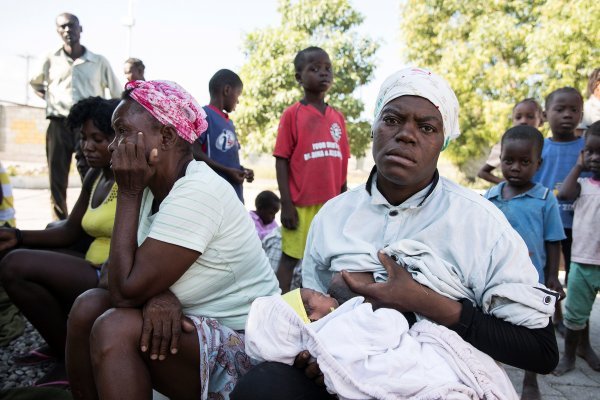
A spokesman for UN Peacekeeping said it took the issues raised seriously. It is supporting 29 victims and 32 children born of sexual exploitation and abuse by MINUSTAH personnel, and is “actively engaged” to ensure they get child support, he said.
BRITISH MEDIA OUTLET HESITATED CALLING IT "RAPE"
BBC News Turkish, sponsored by one of the biggest media outlets in Britain, has failed to name children’s sexual abuse as rape.
UK media giant’s Turkish service underestimated the rape scandal by saying that UN soldiers got some Haitian girls pregnant.
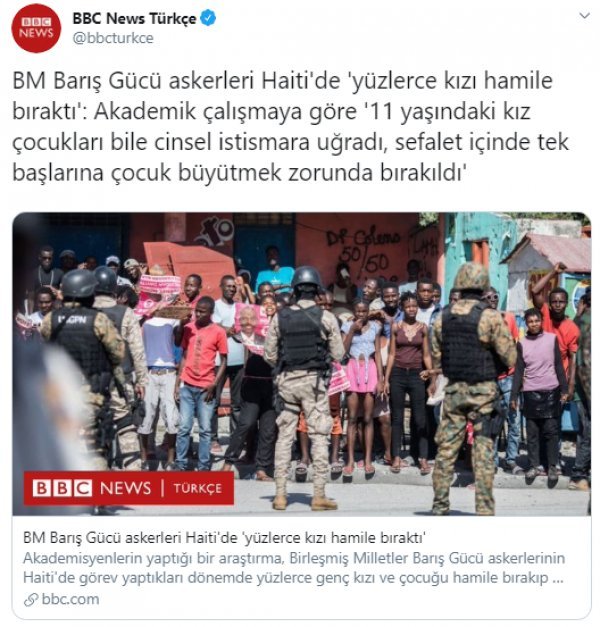
Girls as young as 11 were sexually abused and impregnated by U.N. peacekeepers in Haiti and abandoned to raise their children alone, according to testimonies from more than 2,000 residents.
So many babies were fathered by foreign peacekeepers that Haitians nickname them ‘Petit MINUSTAH’ - combining ‘small’ in French with the acronym of the U.N. mission, said Sabine Lee, who co-led the study in the journal International Peacekeeping.
“There are a multitude of cases, a multitude of different scenarios, in which these children are being conceived and born,” Lee, a history professor at Britain’s University of Birmingham, told the Thomson Reuters Foundation on Wednesday.
“It is quite clear that girls that could clearly be understood and seen as underage were taken advantage of,” she said, adding the study did not try to estimate how many children were born through sexual exploitation by peacekeepers.
A spokesman for U.N. Peacekeeping said it took the issues raised seriously. It is supporting 29 victims and 32 children born of sexual exploitation and abuse by MINUSTAH personnel, and is “actively engaged” to ensure they get child support, he said.
Under the current system, the U.N. can investigate crimes and send peacekeepers home but has no power to prosecute individuals.
There have been multiple reports of sexual contacts - and several rape claims - involving peacekeepers in the 13-year mission to stabilize Haiti, which ended in 2017, following conflict and a devastating earthquake in 2010.
Researchers interviewed more than 2,000 men, women and children who lived near U.N. bases about the experiences of women and girls during the mission.
About 10% mentioned children fathered by peacekeeping personnel, though it was not clear how many were referring to overlapping cases.
Their stories highlighted how extreme poverty led Haitian women and girls into often exploitative sexual encounters, the study found.
Although some people discussed consensual relationships, many said vulnerable women sold sex for small amounts of money or food, and some also alleged sexual assaults.
“They put a few coins in your hand to drop a baby in you,” one young man was quoted as saying in the study, while one woman said peacekeepers impregnated girls of 12 and 13 and then “left them in misery with babies in their hands”.
The authors said the U.N.’s rules on sexual relationships with local communities were “ineffective” and peacekeepers should get better training and face stricter disciplinary action for sexual misconduct.
“The training needs to go beyond, ‘You cannot go and rape a woman’,” said Lee.
“Many of the peacekeepers do not see themselves as abusing women ... If they don’t understand how powerful a position they are in, they will never understand what they do is actually wrong.”
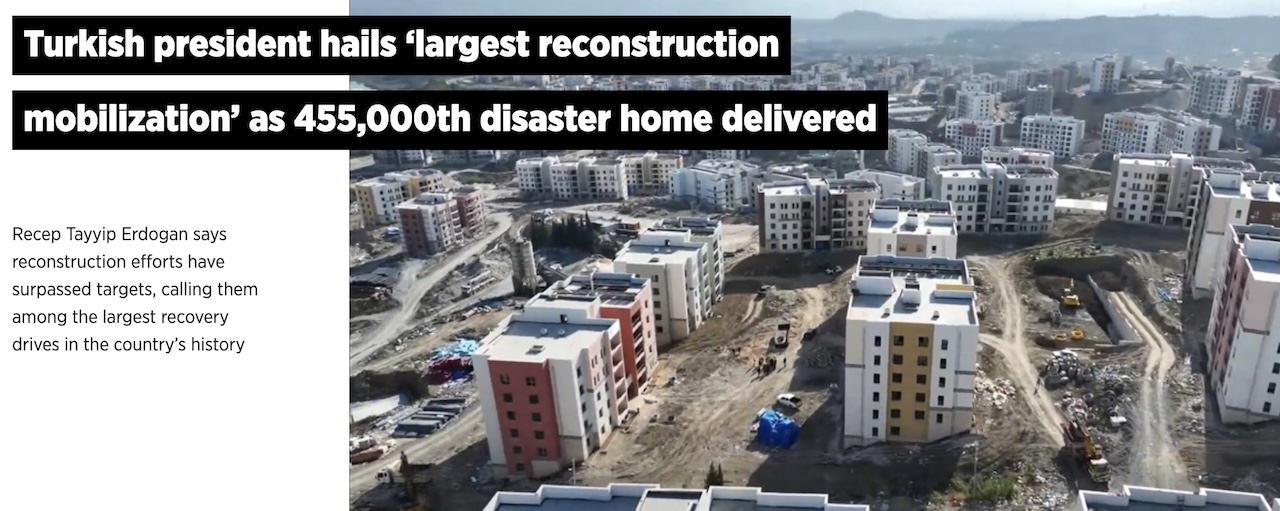
Türkiye delivered the 455,000th disaster housing unit to earthquake survivors
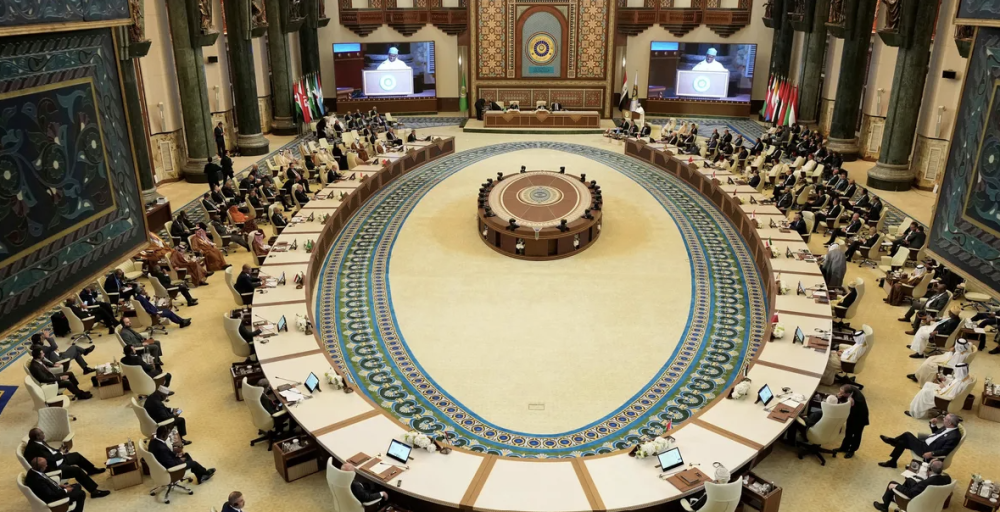
31 Arab, Muslim countries condemn Netanyahu's 'Greater Israel' goals

“Love in Scutari” Continues to Attract International Literary Attention
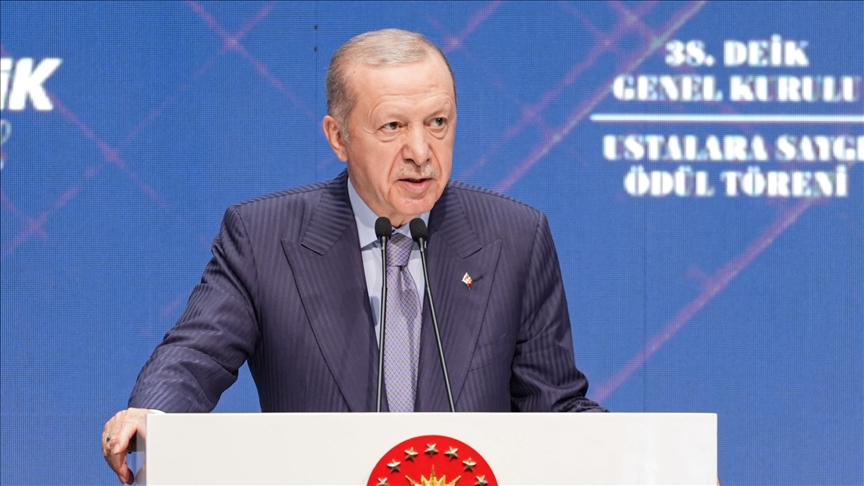
Geopolitical risks that began with Gaza genocide escalated by Israel’s regional attacks: Turkish president
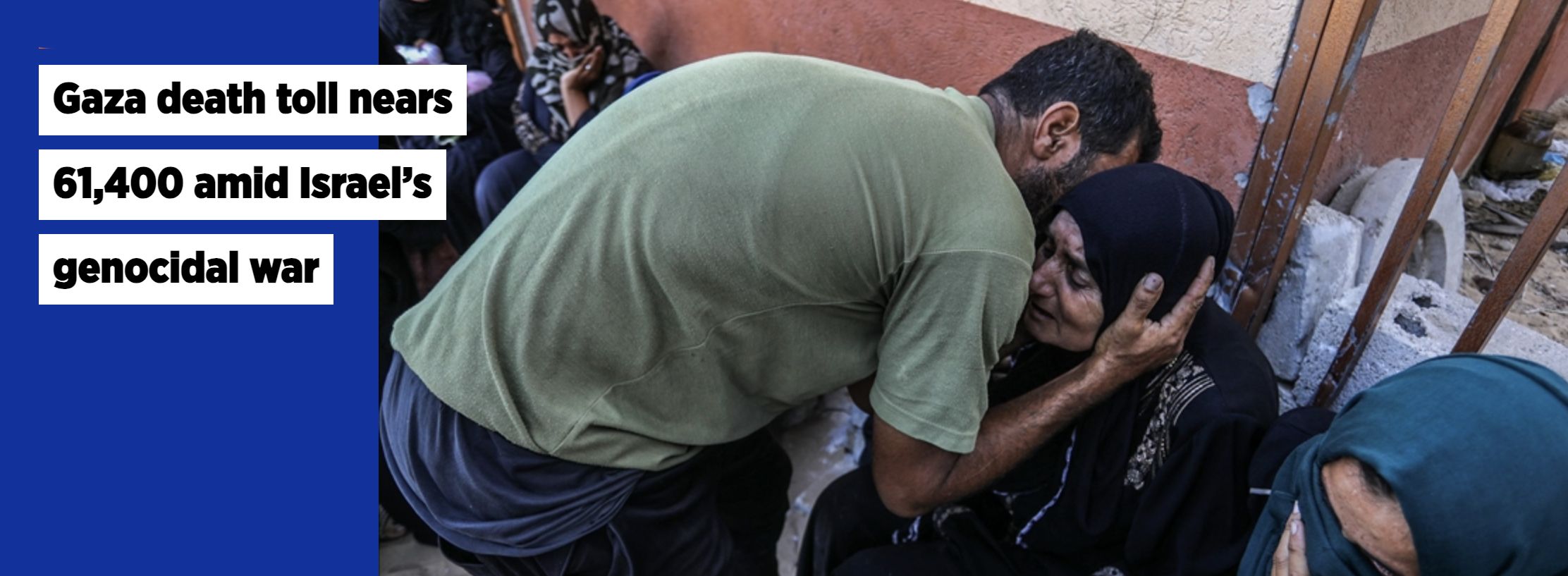
Gaza death toll nears 61,400 amid Israel’s genocidal war
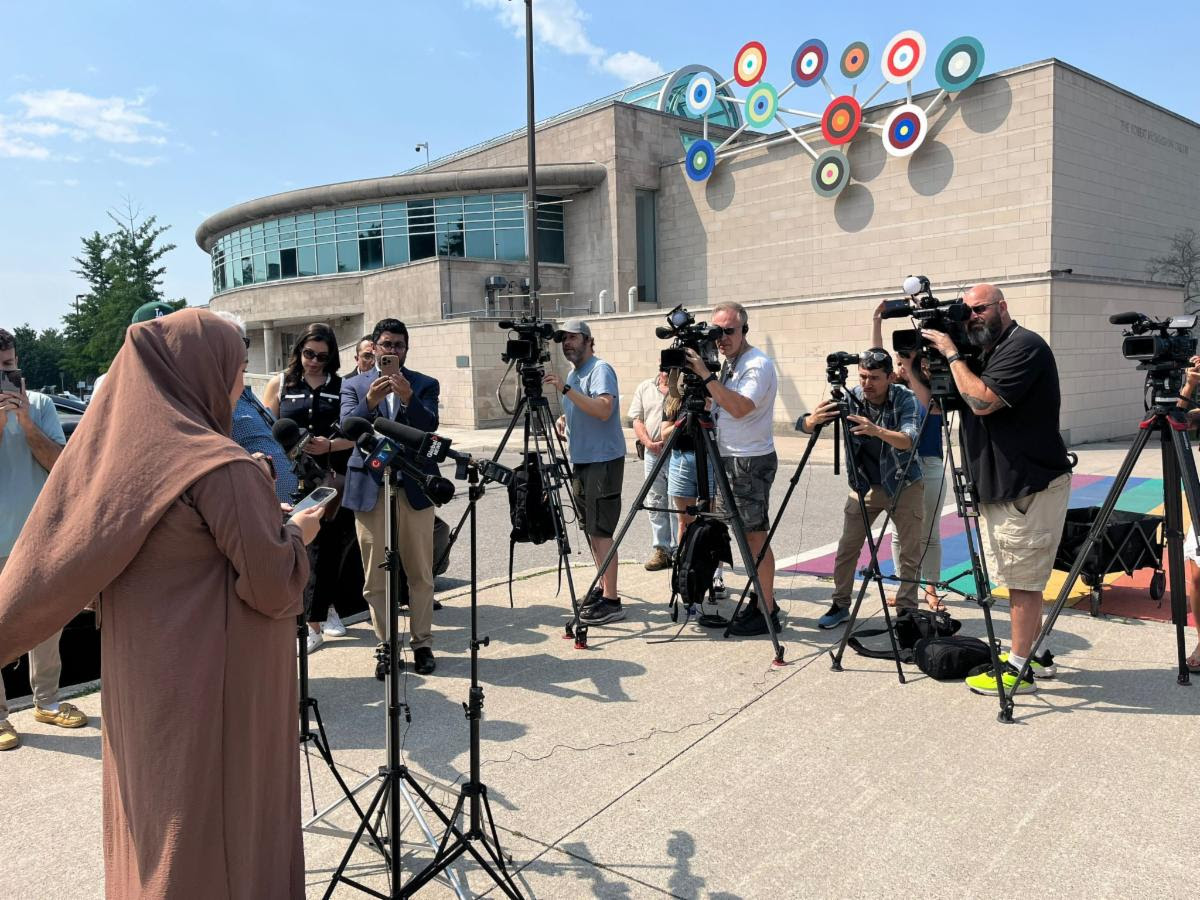
A Rise of Islamophobia in Canada
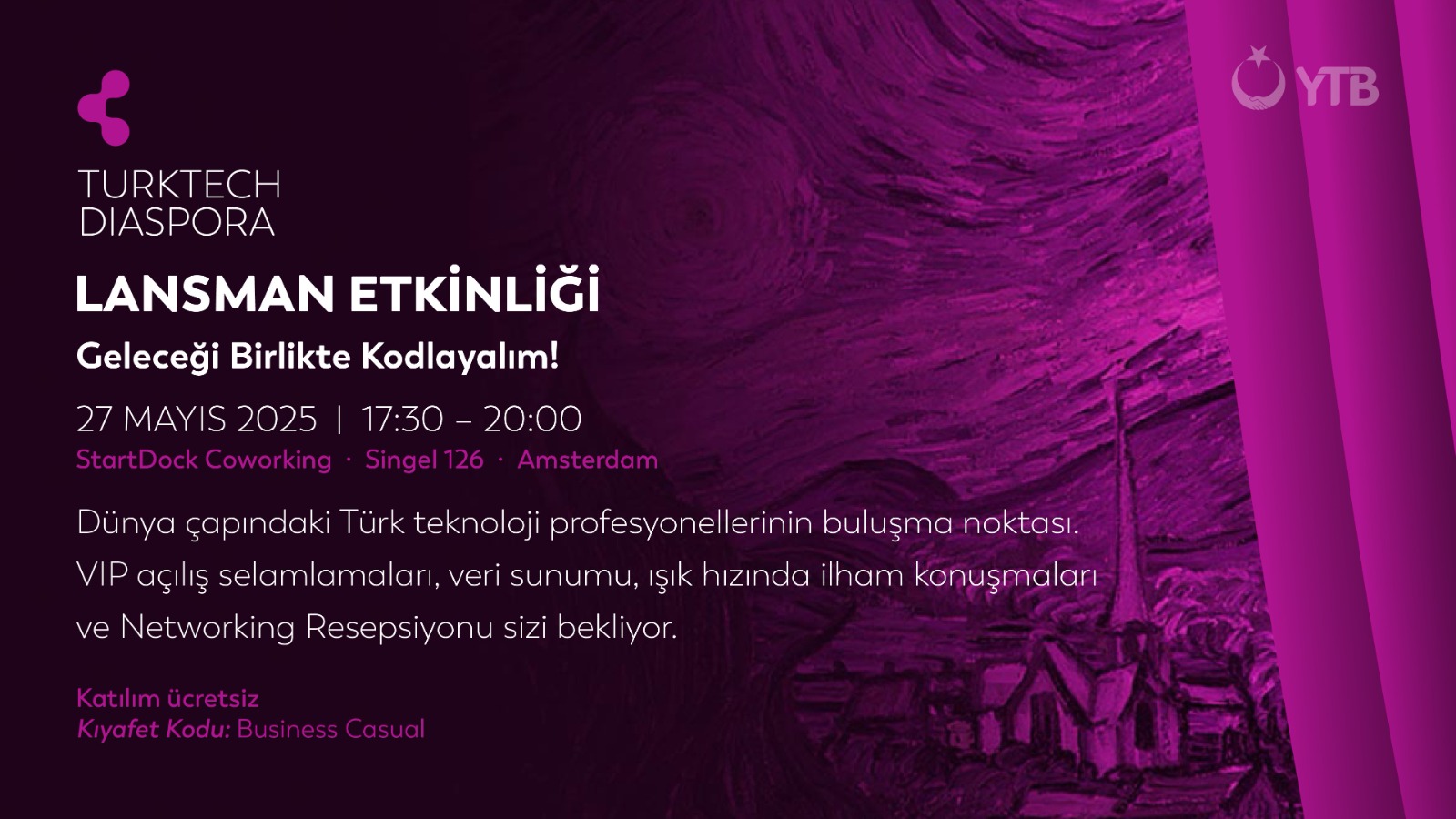
Turkish Technology Professionals from Around the World Meet on the TurkTechDiaspora Platform

Gaza death toll nears 53,300 as Israel continues its genocidal war
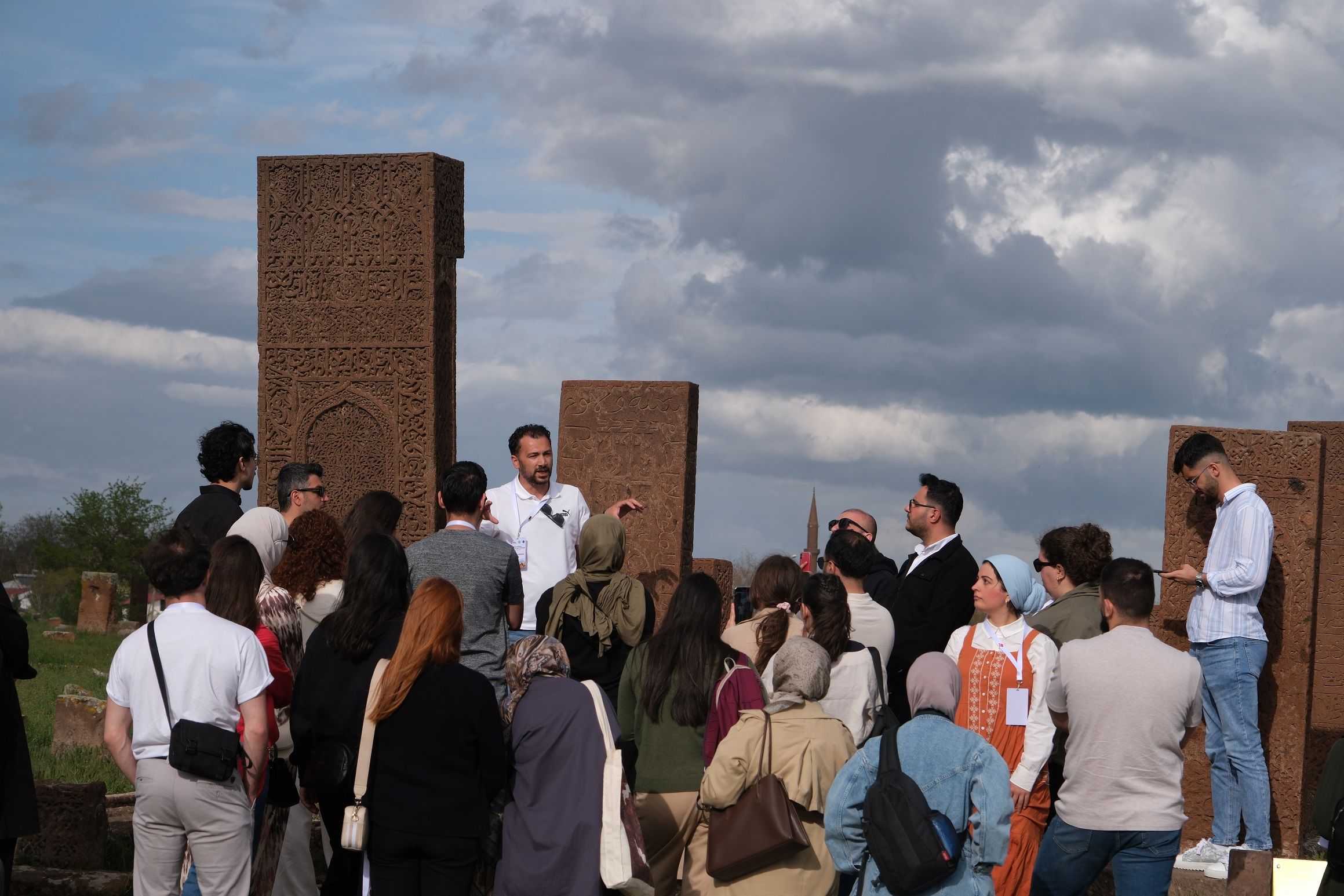
YTB sheds light on the Armenian issue in the shadow of historical sites

Police warn of 'distraction thefts' targeting Muslim community
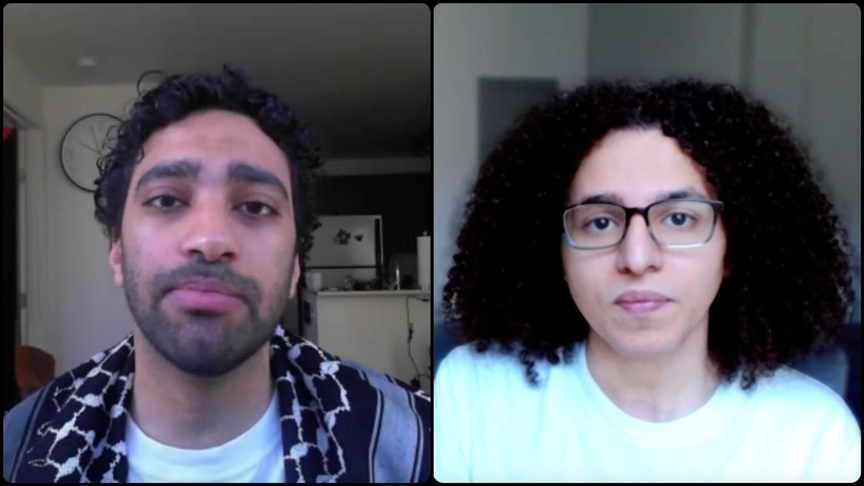
Fired Microsoft employees accuse company of enabling Israel’s attacks on Gaza
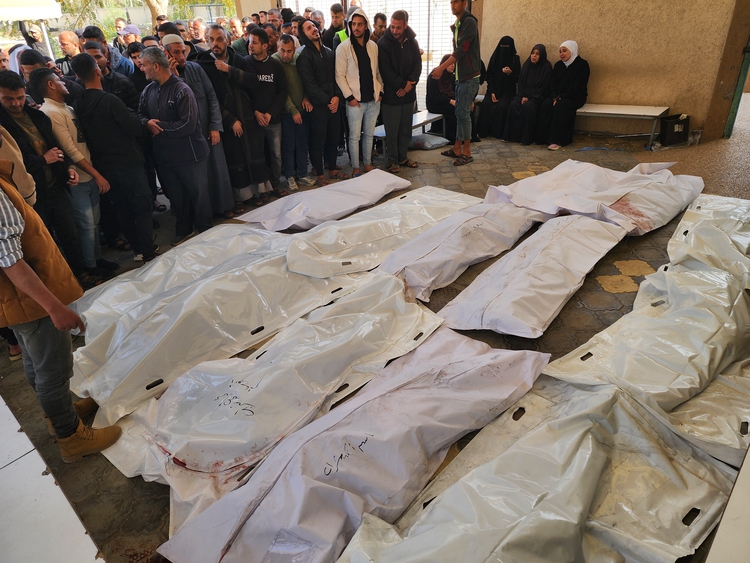
Gaza death toll tops 51,100 as Israeli army kills 92 more Palestinians
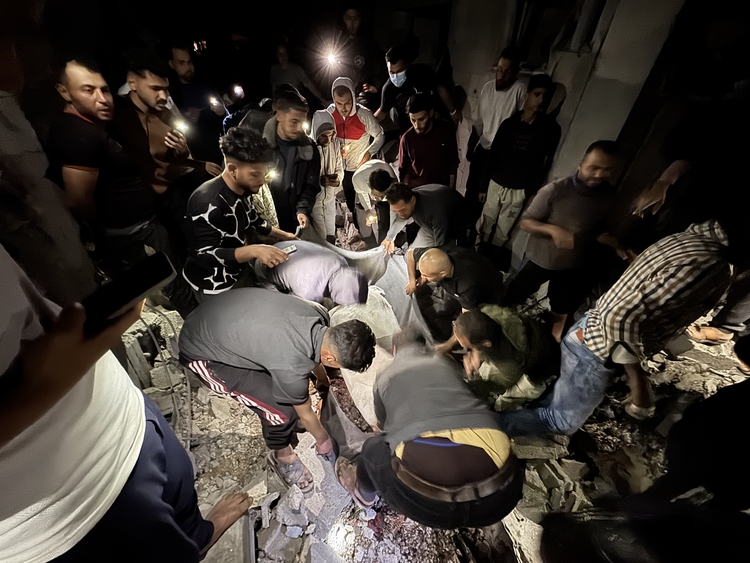
Gaza death toll passes 50,500 mark amid ceaseless Israeli attacks
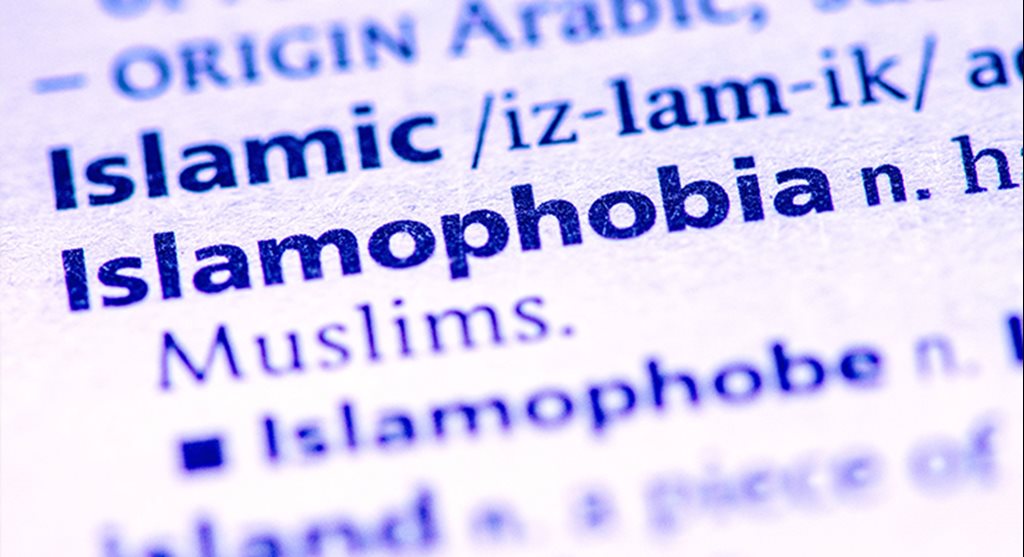
Islamophobia and anti-Palestinian racism in Canada higher than after 9/11, warns expert
